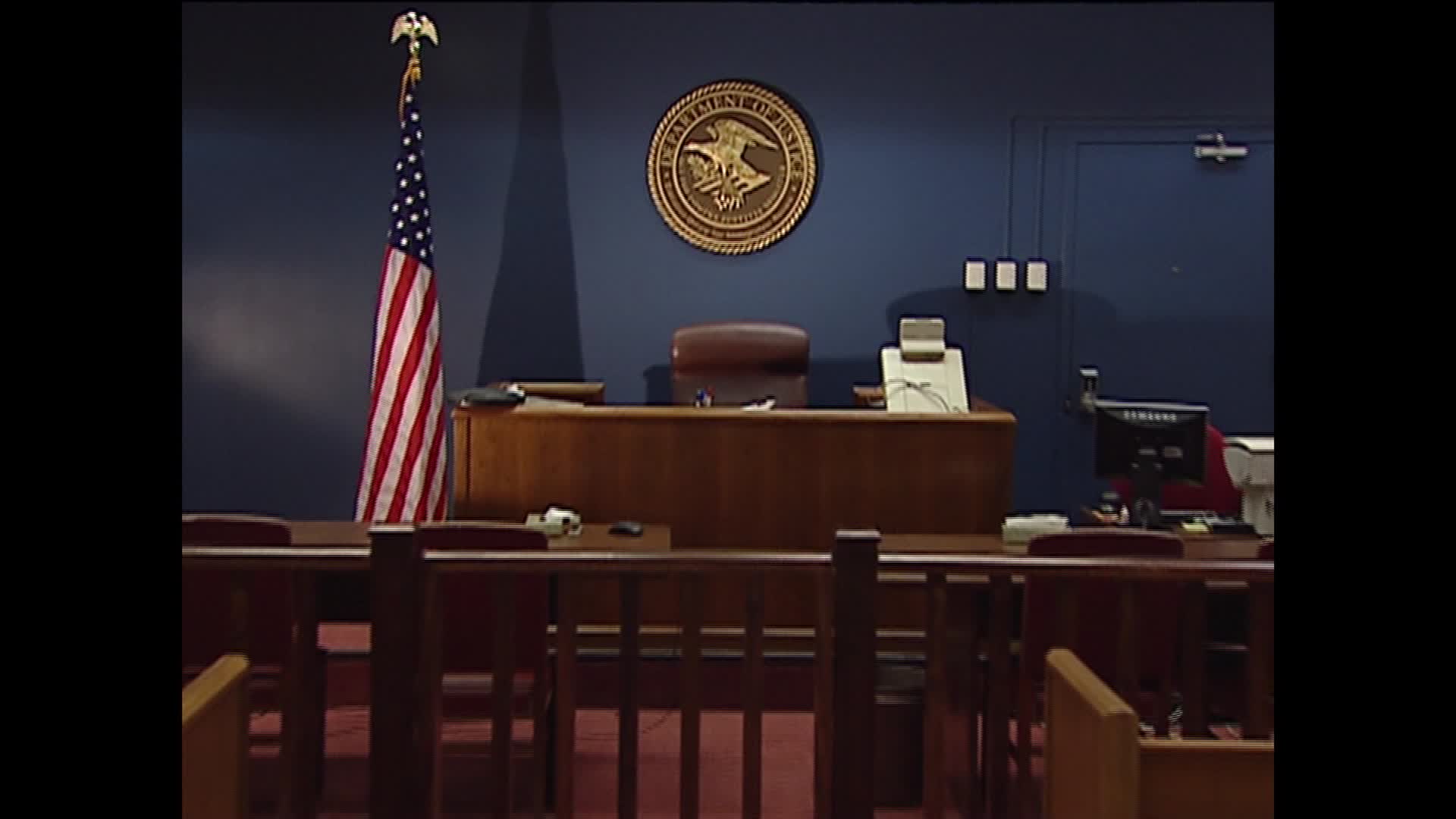Thomas, a 35-year-old tech worker from Ireland, was detained by ICE for nearly 100 days after overstaying his visa by just three days. His harrowing experience in immigration detention facilities, including a federal prison, highlights the brutal realities of a system that punishes minor infractions with extreme measures.
Trapped in a Nightmarish System
Thomas"s ordeal began when he sought medical assistance after suffering a serious injury while visiting his girlfriend in the U.S. Initially granted entry under the Visa Waiver Program, he extended his stay due to health issues, only to find himself ensnared in the web of a draconian immigration enforcement regime. Instead of receiving understanding, he faced an encounter with law enforcement that spiraled into an ICE detainment that lasted far longer than the legal justification warranted.
Racialized Policing and Enforcement
The implications of Thomas"s case extend beyond individual suffering; they reveal a broader pattern of systemic abuse embedded within U.S. immigration policy. According to ICE enforcement statistics, there has been a significant uptick in the detention of individuals who are not undocumented but merely caught in an overreaching immigration dragnet. This strategy disproportionately impacts marginalized communities, raising critical questions about racial profiling and the legality of detaining individuals for minor infractions.
Brutality in Detention Facilities
Thomas"s accounts of the conditions he faced in ICE detention are shocking and unacceptable. He described overcrowded facilities, inadequate medical care, and a complete lack of basic human dignity. Detainees were treated as criminals while awaiting deportation for administrative violations, a practice that many experts, including the National Immigration Project, argue exacerbates mental health issues among detainees. Isolation and inadequate healthcare lead to chronic anxiety and depression, conditions that Thomas himself experienced during his confinement.
Political Ramifications of Detentions
The political landscape surrounding immigration enforcement has shifted dramatically in recent years. Under the Trump administration, policies that once focused on violent offenders expanded to encompass individuals like Thomas, who posed no threat to public safety. This aggressive enforcement strategy has created a climate of fear among immigrants and even those who visit the U.S. legally. As reported by DHS statistics, the number of individuals detained for minor offenses continues to rise, raising alarms about the humanitarian implications of such policies.

Supreme Court deals blow to Trump, blocks him on deporting ...
ICE"s Misguided Priorities
Despite Thomas’s compliance with the deportation process, he faced an extended detainment that reflects ICE"s misguided priorities. Legal experts assert that ICE has the discretion to release detainees under these circumstances, yet the agency continues to prioritize detention over humane treatment and due process. This misplaced focus raises pressing questions about the ethics of immigration enforcement practices and the broader implications for justice in the U.S.
Community Impacts and Resistance
Thomas’s story serves as a rallying point for advocates of immigration reform and social justice. Organizations like Asian Americans Advancing Justice-Atlanta emphasize the need for comprehensive reform that addresses the systemic issues leading to such detentions. Community resistance movements are gaining momentum, pushing for accountability and humane treatment for all individuals regardless of immigration status. The message is clear: no one should face torture for minor infractions, and the public must demand systemic change.
A Lasting Trauma
As Thomas attempts to rebuild his life in Ireland, the trauma of his experience lingers. He articulates a feeling of vulnerability and fear, knowing that even those with legitimate reasons for staying in the U.S. can suddenly find themselves in dire straits. This cycle of fear contributes to a hostile environment for immigrants and visitors alike, emphasizing the urgent need for reform in a system that currently prioritizes punishment over compassion.

Judge expresses skepticism of return-to-Mexico asylum process ...

![[Video] Federal officers deploy sting balls and flash grenades at Whipple Building](/_next/image?url=%2Fapi%2Fimage%2Fthumbnails%2Fthumbnail-1768340555229-vhfcc-thumbnail.jpg&w=3840&q=75)
![[Video] Crowd-control weapons used in Minneapolis as anti-ICE protesters attack police vehicle](/_next/image?url=%2Fapi%2Fimage%2Fthumbnails%2Fthumbnail-1768336302231-akxf7s-thumbnail.jpg&w=3840&q=75)

![[Video] Protests erupt in Minneapolis after ICE detains teenager, multiple arrests made](/_next/image?url=%2Fapi%2Fimage%2Fthumbnails%2Fthumbnail-1768331835371-z9ylqg-thumbnail.jpg&w=3840&q=75)


![[Video] Gunfire between Iraqi security forces and Sadr militias in Baghdad](/_next/image?url=%2Fapi%2Fimage%2Fthumbnails%2Fthumbnail-1768343508874-4redb-thumbnail.jpg&w=3840&q=75)
